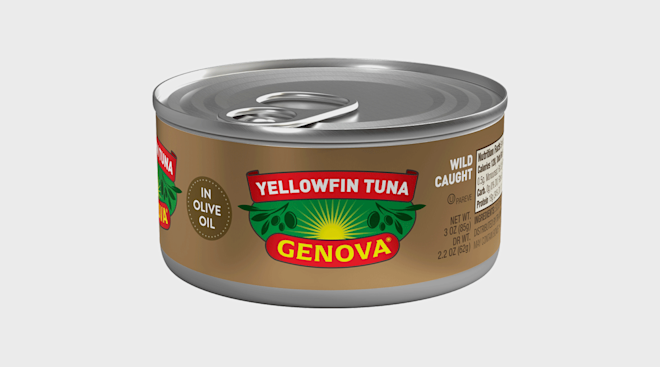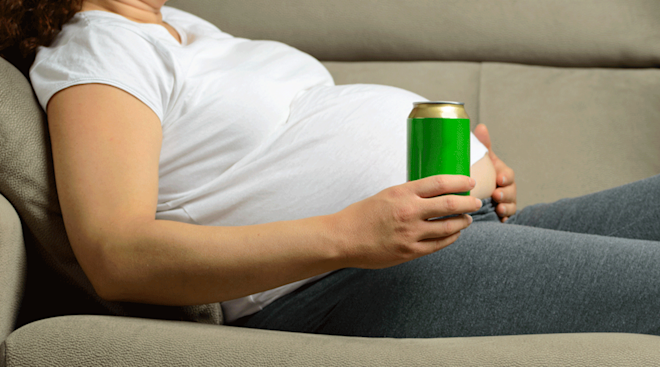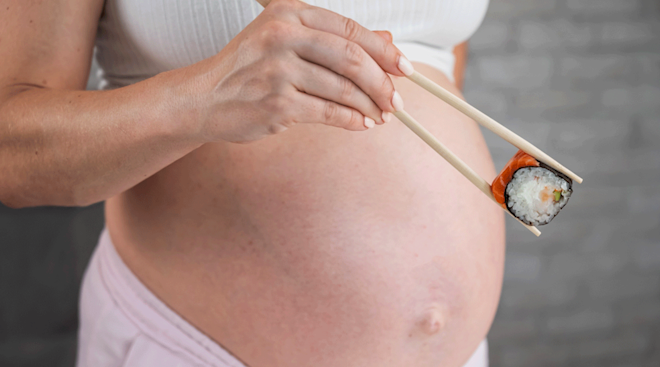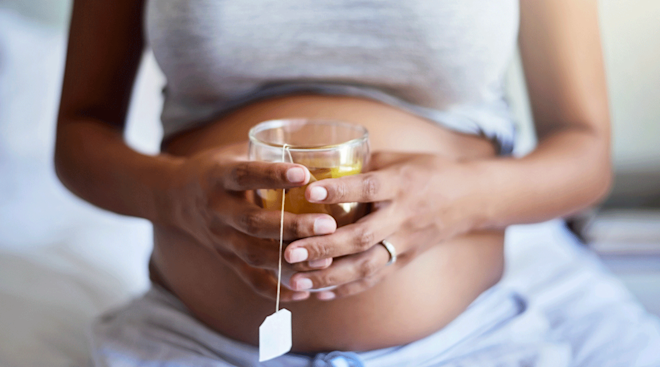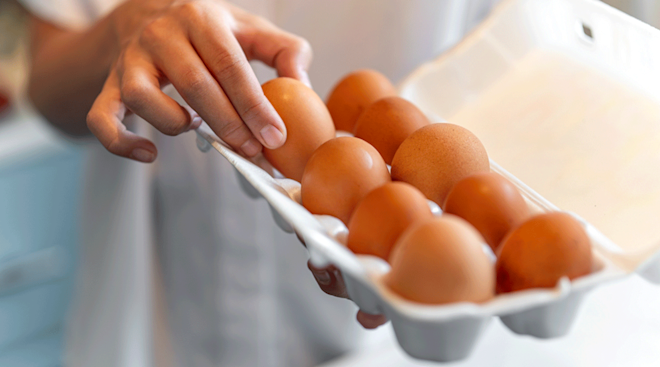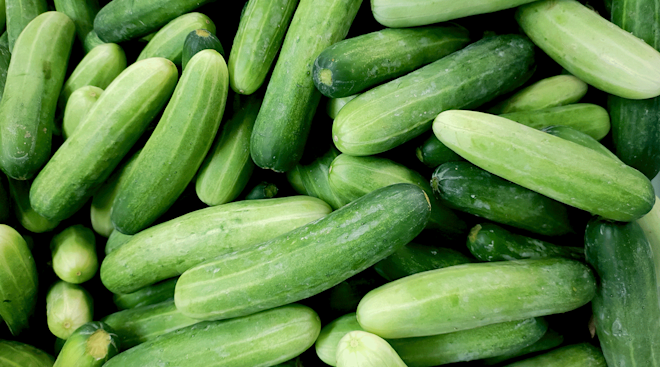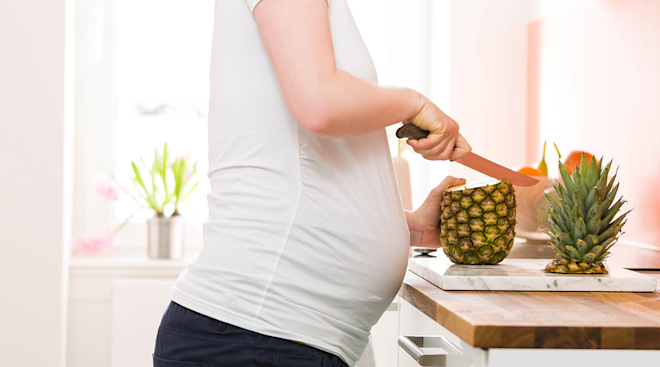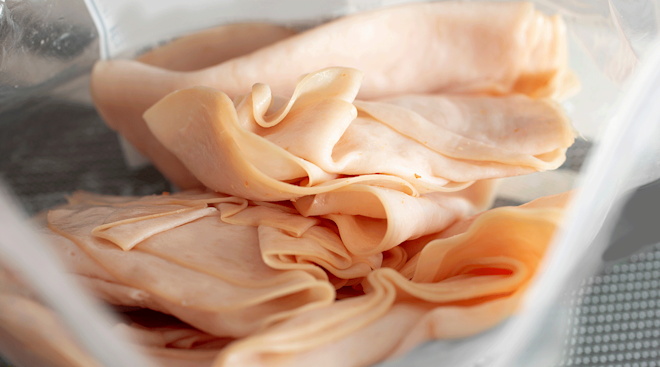Tomatoes Recalled in 14 States Due to Salmonella Risk
Food recalls are common, but when you’re pregnant, staying on top of them is especially important. Your immune system is working a bit differently these days, which can make you more vulnerable to foodborne illnesses, so keeping tabs on what’s being pulled from shelves helps keep both you and baby safe.
The US Food and Drug Administration (FDA) recently issued a warning following two separate recalls from Williams Farms Repack LLC and Ray & Mascari Inc. due to potential salmonella contamination in certain tomatoes. The affected tomatoes, supplied by Hanshaw & Capling Farms (H&C Farms), were distributed to wholesalers, retailers and grocery stores across 14 states.
How To Tell if Your Tomatoes Are Part of the Recall
Recalled tomatoes from Williams Farms Repack LLC were primarily sold to wholesalers and distributors in Georgia, North Carolina and South Carolina. Look for the following product details:
- 4x5 two layer, Williams Farms Repack label, lot code R4467
- 60 count two layer, Williams Farms Repack label, lot code R4467
- 3-count trays, Williams Farms Repack label, lot code R4467
- 5x6 25 lb, H&C Farms label, lot code R4467
- 6x6 25 lb, H&C Farms label, lot codes R4467, R4470
- Combo 25 lb, lot code R4467
- 4x4 2-layer, lot code R4467
- 60ct 18 lb loose, lot codes R4467, R4470
- XL 18 lb loose, lot code R4467
Affected tomatoes sold by Ray & Mascari Inc. are in packs of four tomatoes and were sold in plastic clamshell containers with the label “Vine Ripe Tomatoes” that also reads “Packed by Ray & Mascari Inc.” They were sold at Gordon Food Service Stores in Illinois, Indiana, Kentucky, Michigan, Missouri, Mississippi, New York, Ohio, Pennsylvania, Tennessee and Wisconsin.
What To Do if You Have Recalled Tomatoes
As of now, no illnesses have been linked to the recalled tomatoes. However, if you purchased one of the affected products, do not eat it. Throw it away or return it to the store for a full refund. You can also reach out to the company listed on the label for more information.
Pregnant people are more likely to contract severe illness from salmonella than non-pregnant people due to their weakened immune systems. According to the National Institutes of Health, while not common, salmonella can also increase the chance of complications during pregnancy, depending on the severity of the infection. In some cases, it can increase the chance for preterm delivery and restrict the growth of the fetus.
Once contracted, symptoms from salmonella usually start within six hours to six days. Symptoms can include diarrhea, fever and stomach cramps. Some severe but often uncommon salmonella strains can sometimes cause infection in urine, blood, bones, joints or the nervous system, and can cause life-threatening issues.
You can see more information on how to identify if your tomatoes may be contaminated with salmonella on the FDA website recall website at FDA.gov.
Navigate forward to interact with the calendar and select a date. Press the question mark key to get the keyboard shortcuts for changing dates.


































